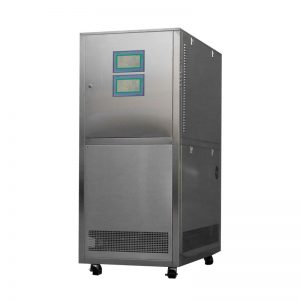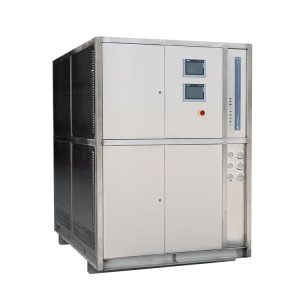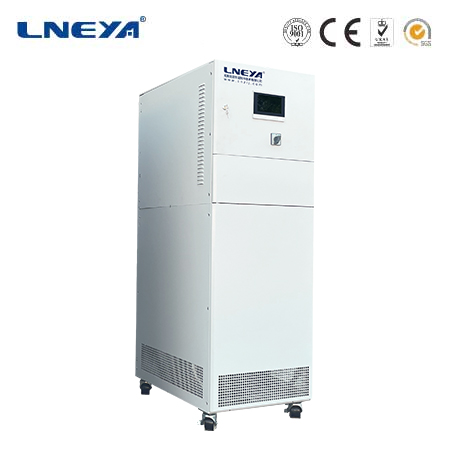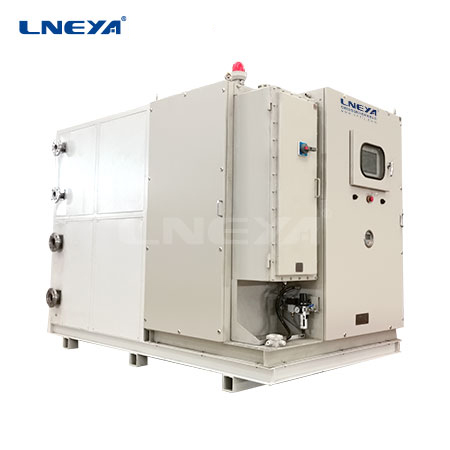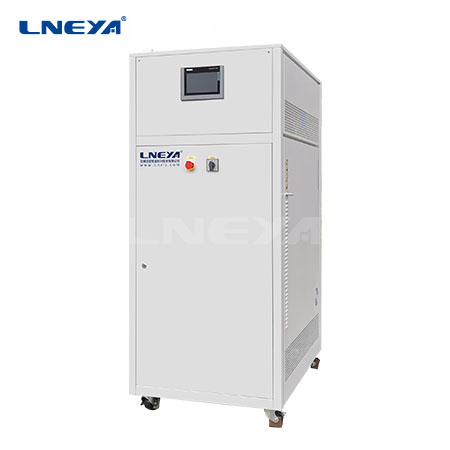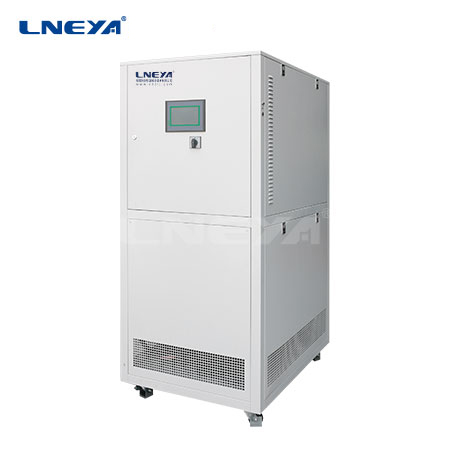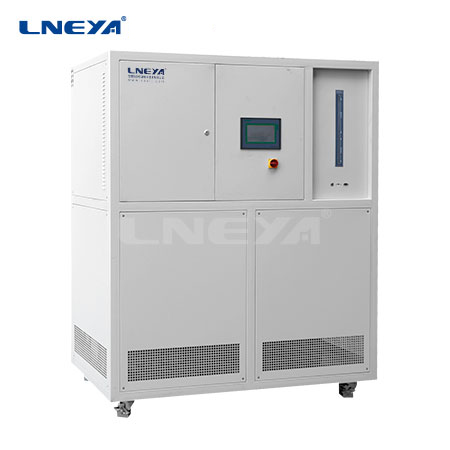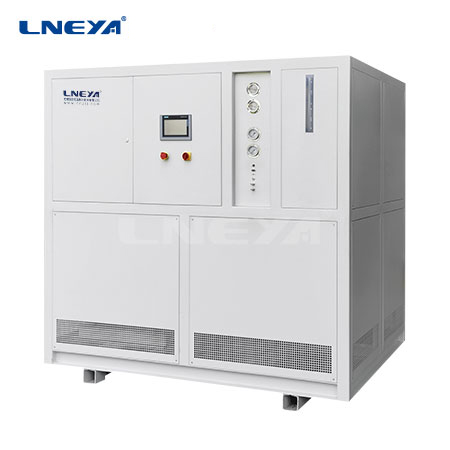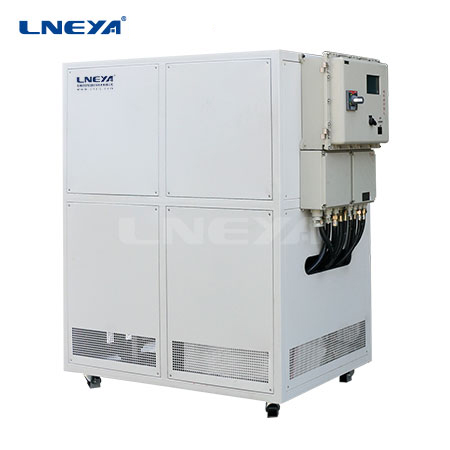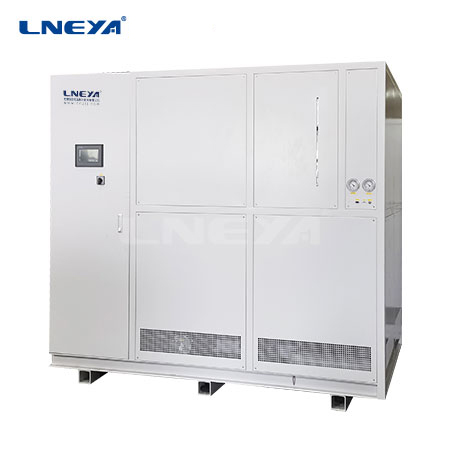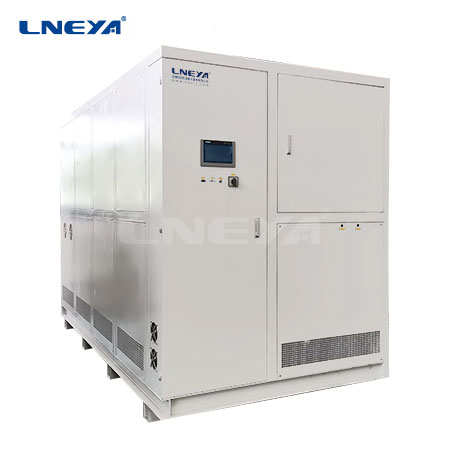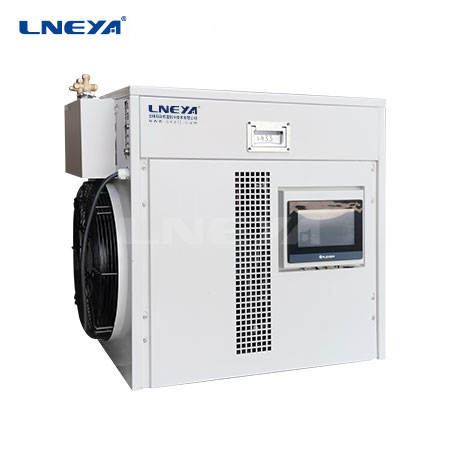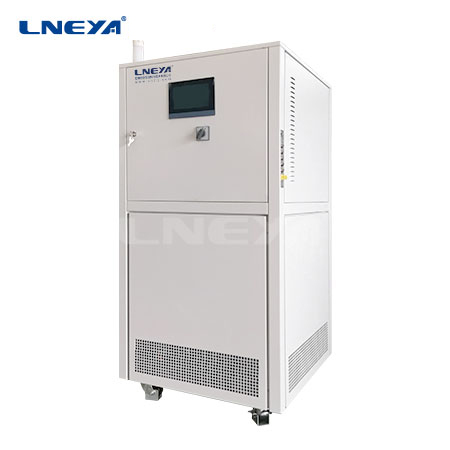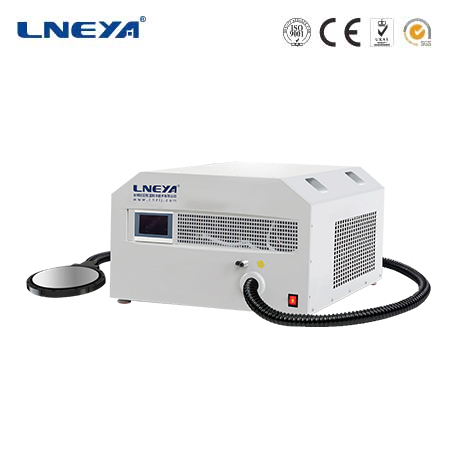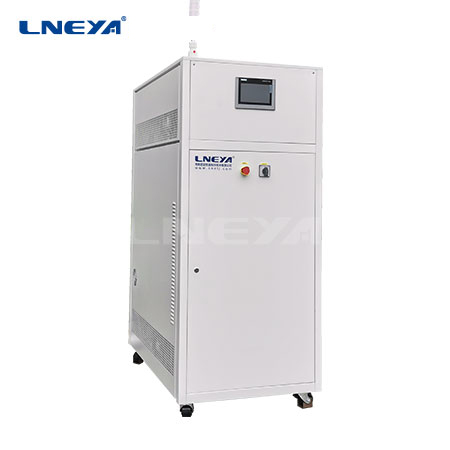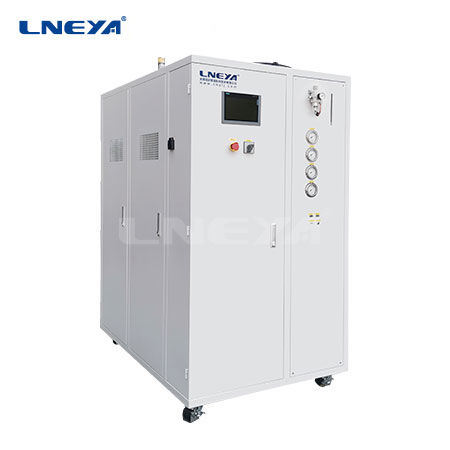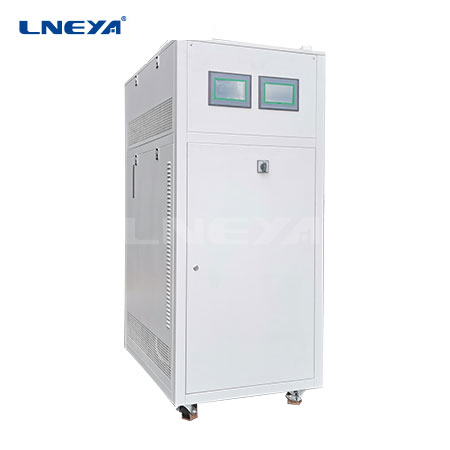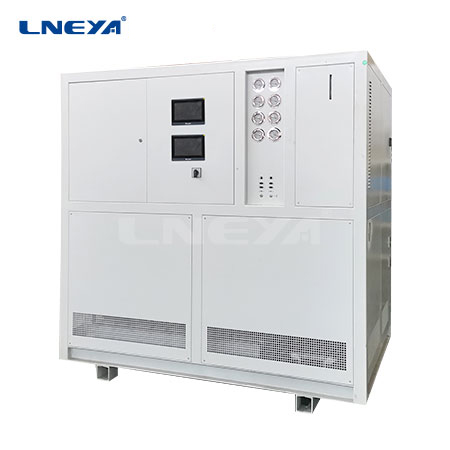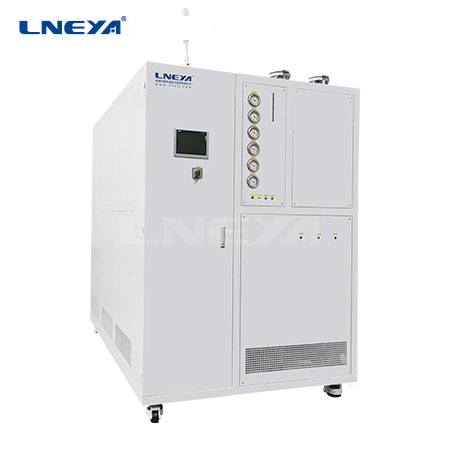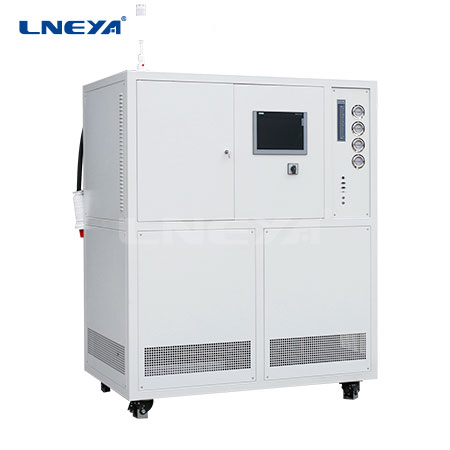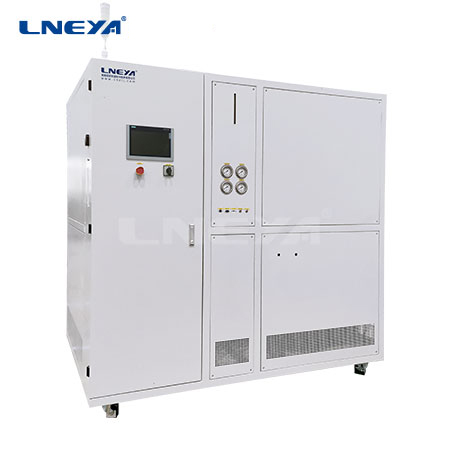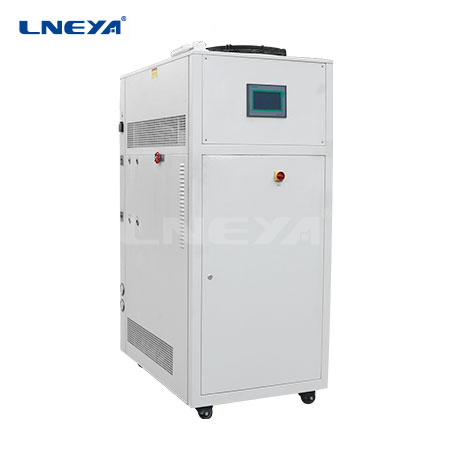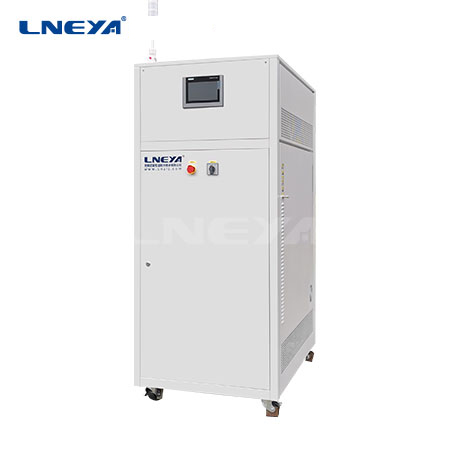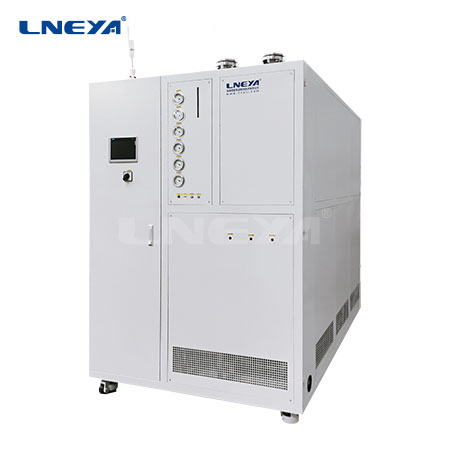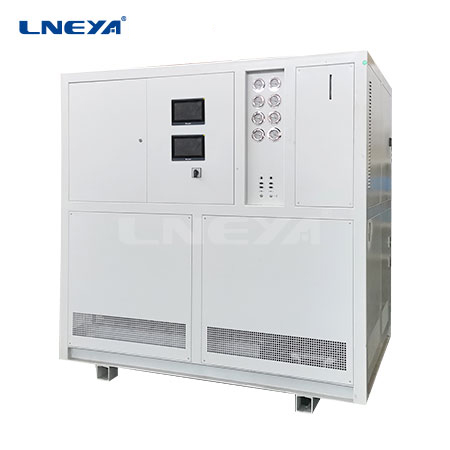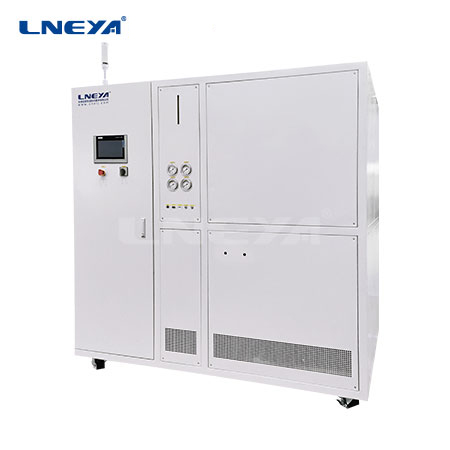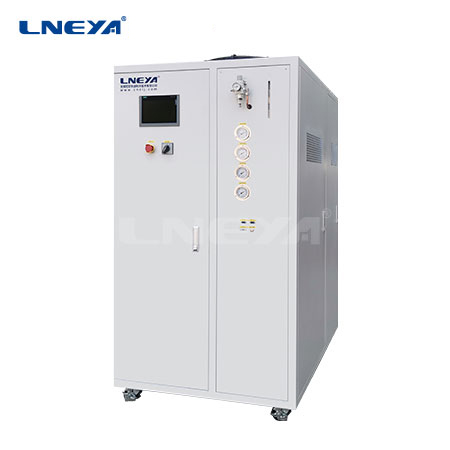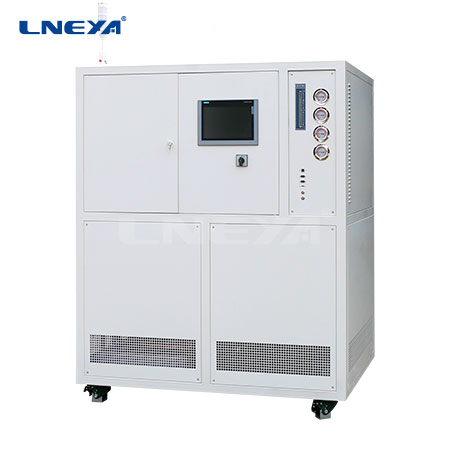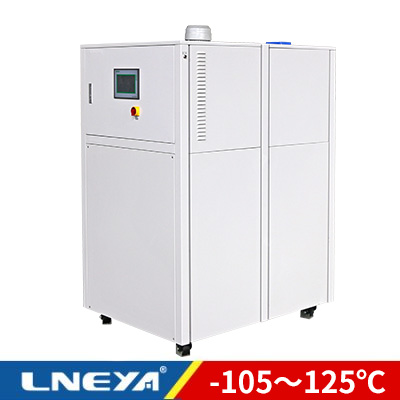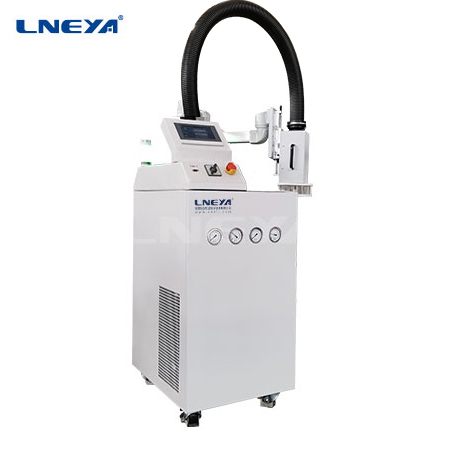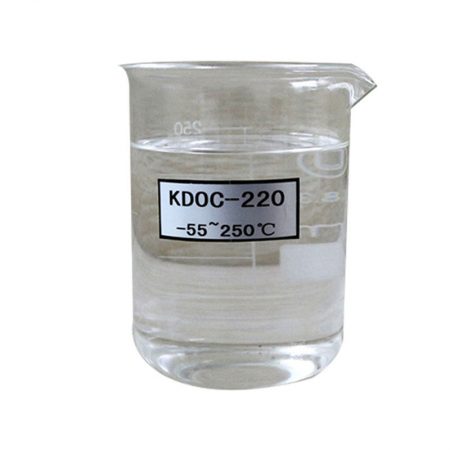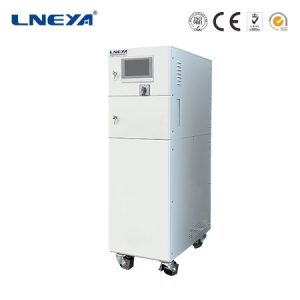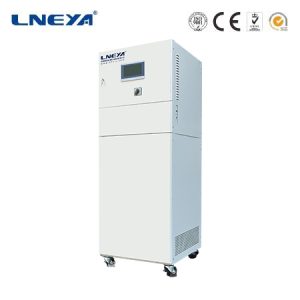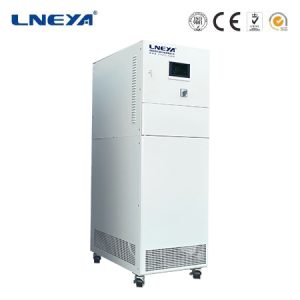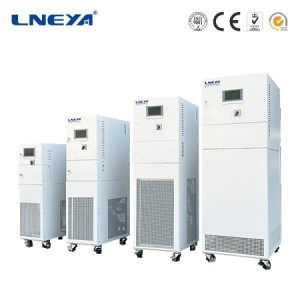Battery Thermal Management
완벽한 온도 제어 솔루션을 위해 지금 바로 문의하세요.
What is Battery Thermal Management?
Battery Thermal Management, in short, is a process in which components such as batteries use heating or cooling and other related methods to adjust and control the temperature and temperature difference of the target object. The basic principles involved include three heat transfer processes: heat conduction, convective heat transfer or thermal radiation, and these three processes all involve temperature differences, so the thermal management process consumes energy to create a temperature difference between the target object and the external environment.
There are many application scenarios, and it has been widely used in industry, communications industry, consumer electronics, servers, energy storage, new energy vehicles and other scenarios. It has a very positive effect on the normal and stable operation of related equipment or electronic components. With the With the rapid development of related industries, the thermal management industry will also receive more and more attention.

Importance of Battery Thermal Management
1. Thermal management can prevent overheating and system failures. With the rapid development of thermal management-related application scenarios, the functions of related equipment have increased, and the work of components has accumulated a large amount of heat. Excessive heat accumulation will cause damage to electronic components, reduced device performance, and even the collapse of the entire system. Through reasonable thermal management measures, heat can be effectively dissipated to ensure that the system operates within an appropriate temperature range and improve system reliability.
2. Through thermal management, the performance and service life of the equipment can be greatly enhanced. Taking currently commonly used mobile phones as an example, since the internal structure of the mobile phone is quite compact, there are basically few gaps between various electronic components. If the heat from the battery and processor cannot be discharged in time, it will affect the various temperatures of other components, thereby breaking the coordination of various hardware, which will not only affect the performance of the device but also the service life of the mobile phone.
3. From the perspective of safety necessity. Thermal management systems are indispensable in related industries. Taking the energy storage industry as an example, with the increase in the scale of energy storage power stations and the increase in the number and power of batteries, a large amount of heat will accumulate during operation. If the heat cannot be dissipated effectively and timely, it will It will cause serious consequences of thermal runaway. Therefore, effective thermal management is of great significance to safety.
4. Thermal management can improve energy utilization. In new energy vehicles, too high or too low working environment will affect the performance of the battery, thus affecting the cruising range of new energy vehicles. Through reasonable and effective thermal management strategies, the operating temperature can be maintained at a reasonable temperature, energy consumption can be reduced, and operating costs can be reduced.
To sum up, the importance of Battery Thermal Management is reflected in preventing overheating and system failure, enhancing the performance and life of equipment, as well as from safety considerations, energy efficiency and cost savings.
Application fields of Battery Thermal Management
The thermal management industry currently has many applications in the power battery industry and energy storage industry. In the field of power batteries, new energy vehicle thermal management is growing rapidly. As new energy vehicles increase market penetration and the performance of related products upgrades, thermal management systems have huge market space and value in new energy.
Thermal management has multiple meanings for new energy vehicles. First of all, the cruising range of new energy vehicles is one of the indicators that consumers are very concerned about. The thermal management system can effectively control the battery temperature to prevent battery performance degradation caused by overheating and overcooling of the battery pack and improve battery performance. Battery usage efficiency extends the vehicle’s cruising range.
Secondly, the safety of power batteries can be strong. Power batteries are the power source and important components of new energy vehicles. The thermal management system can effectively control the operating temperature through the BMS system, prevent fires and other accidents caused by thermal runaway, and ensure the safety of vehicles and passengers. Safety. Moreover, with the development of the new energy vehicle industry, relevant departments have increasingly higher requirements for the safety performance and quality of complete vehicles. Relevant laws and regulations also require car companies to have corresponding thermal management capabilities to ensure the safety and quality of complete vehicles.
이메일: info@lneya.com WeChat ID: +8615251628237 WhatsApp: +86 17851209193
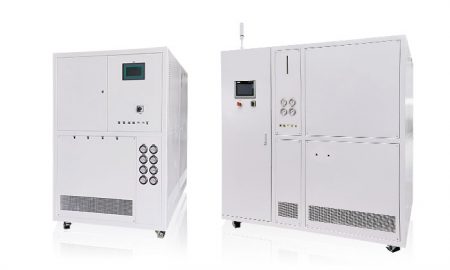 열/냉각 온도 및 유량 제어 시스템
열/냉각 온도 및 유량 제어 시스템
(맞춤형 디자인)
차량 품질 테스트를 위한 온도 시뮬레이션: 배터리 수명 테스트, 연료 인젝터/모터 테스트 벤치, 에어백 테스트, 부품 테스트 벤치 등
| 온도 범위 | -25°C ~ +100°C | -40°C ~ +100°C | 0°C ~ +100°C | -40°C ~ +135°C |
| 냉각 용량 | 2.8 ~ 38kW | 1.2 ~ 60kW | 1.8 ~ 60kW | 4 ~ 60kW |
온도/압력/유량을 독립적으로 제어할 수 있습니다.
1&2: 하나의 머신으로 두 그룹을 제어할 수 있습니다.
| 온도 범위 | -40 ~ +100℃ 1&2 | 0 ~ +100℃ 1&2 |
| 냉각 용량 | 1.8kW*2 ~ 60kW*2 | 1.8kW*2 ~ 60kW*2 |
온도는 일정하게 유지되고 압력/유량은 독립적으로 제어할 수 있습니다.
1&3: 하나의 머신으로 세 그룹을 제어할 수 있습니다.
1&6: 하나의 머신으로 6개의 그룹을 제어할 수 있습니다.
| 온도 범위 | -40 ~ +100℃ 1&2 | -40 ~ +100℃ 1&3 | -40 ~ +100℃ 1&6 | -20 ~ +100℃ 1&6 | 0 ~ +100℃ 1&2 | 0 ~ +100℃ 1&3 | 0 ~ +100℃ 1&6 |
| 냉각 용량 | 2.5 ~ 60kW | 4 ~ 60kW | 10 ~ 60kW | 10 ~ 60kW | 7 ~ 60kW | 11 ~ 60kW | 18 ~ 60kW |
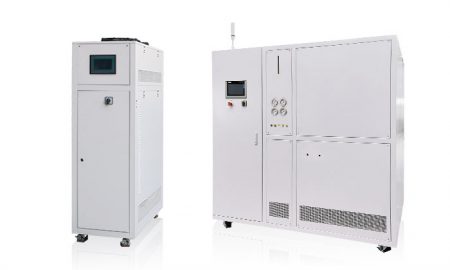
오일 냉각기
(맞춤형 디자인)
차량 품질 테스트를 위한 온도 시뮬레이션: 배터리 수명 테스트, 연료 인젝터/모터 테스트 벤치, 에어백 테스트, 부품 테스트 벤치 등
| 온도 범위 | 0℃ ~ +160℃ | +5℃ ~ +135℃ |
| 냉각 용량 | 11 ~ 60kW | 15 ~ 38kW |
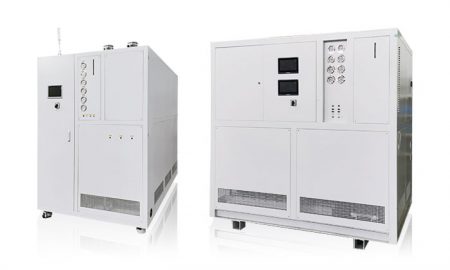
전자 펌프용 냉각 및 난방 시스템
(맞춤형 디자인)
| 온도 범위 | -40°C ~ +135°C |
| 냉각 용량 | 최대 60kW |
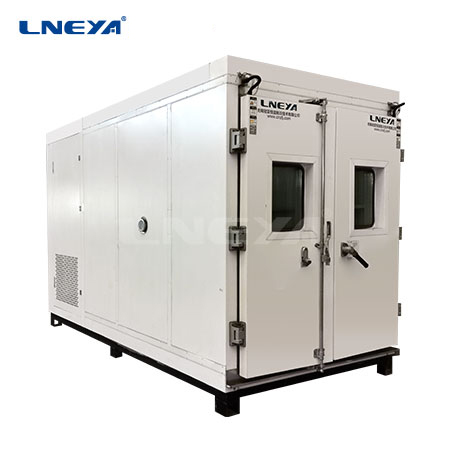
고온 저온 배터리 테스트 챔버
(맞춤형 디자인)
| 온도 범위 | -40℃ ~ +100℃ | -40℃ ~ +100℃ |
| 냉각 용량 | 1.8 ~ 7.5kW | 4 ~ 15kW |
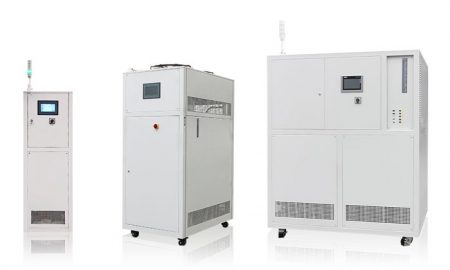
자동차 직접 냉각 또는 난방 시스템
(맞춤형 디자인)
| 유형 | 직접 냉각 | 직접 냉각 및 난방 |
| 냉각 용량 | 5~10kW | 5~10kW |
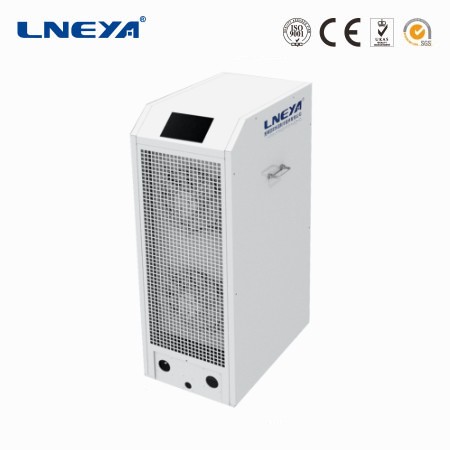
배터리 에너지 저장 시스템용 액체 냉각
(맞춤형 디자인)
| 유형 | 변환 스테이션의 경우 | 에너지 저장 배터리용 | 충전소용 |
| 냉각 용량 | 45kW | 5~8.5kW | 4kW |
 LNEYA
LNEYA
 简体中文
简体中文










